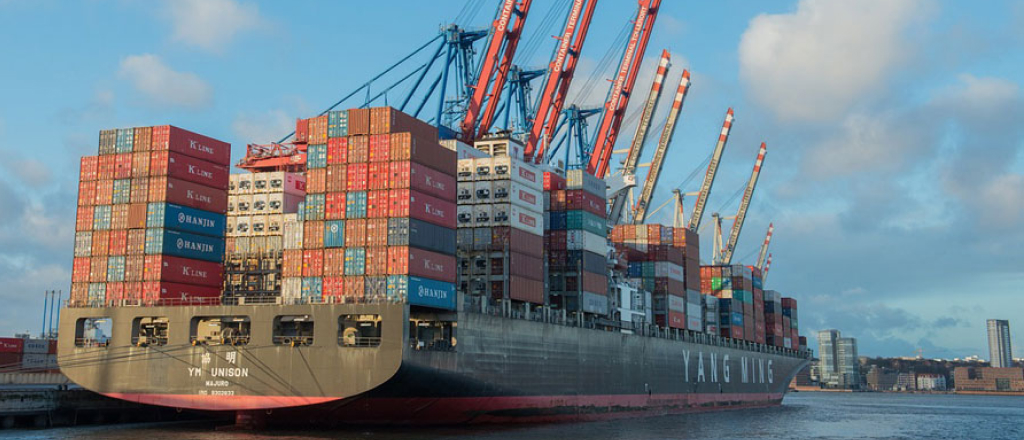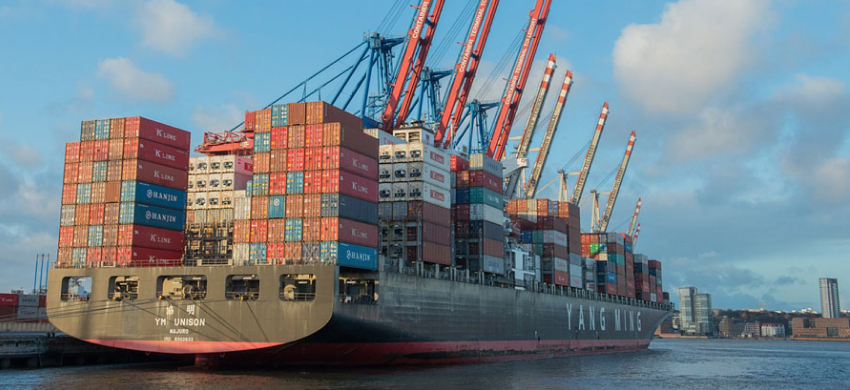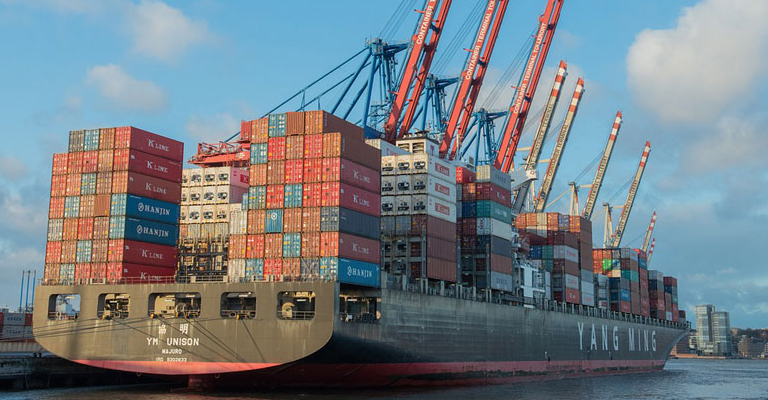Faculty members in Economics are highly engaged in research. This, in combination with the close interaction coming from a high faculty-to-student ratio means, that there are ample opportunities for students to engage in collaborative research projects with faculty. Students get to hone their research skills and gain valuable experience which may aid their application to graduate school or access to jobs after graduation. To find out more about such opportunities, refer to the CIPE Summer Research Programmes website and descriptions of collaborative research below.
Jonathan Fu (Class of 2023)
Small States and Development
Faculty supervisor: Stephen Monroe (Global Affairs)
Does size matter for economic development? This project examines whether and how the size of states contributes to development outcomes, the mechanisms through which small states either perform better or worse than larger states, and the appropriate quantitative strategy to investigate the relationship between state size and development. We use data from a variety of sources concerning state size and development outcomes and analyse it using Ordinary Least Squares (OLS) regressions and Instrumental Variable (IV) estimation. We find that small states tend to be more developed than larger states, due to their stronger democratic and economic institutions. Overall, our research shows that small states are more relevant to development research than was previously assumed.
Hu Juan-Ning Nicole (Class of 2023)
International Development and the Environment
Faculty supervisor: Yu-Hsiang Lei
Recent studies have found negative impacts of climate change on Indian agriculture where yields have begun to drop in certain states. This is concerning, as the sector employs 59 percent of India’s labour force and is the world’s second-largest producer of rice and wheat. Hence, India’s agricultural productivity is significant for both domestic economic development and poverty, as well as global food security. However, most research in this area neglects a potential key factor–air pollution. By explicitly including air pollution, our research examines its direct role on the productivity of Indian crops. To do so, we created a dataset combining measures of temperature and precipitation, wind speed, air pollution and crop yields in India for the last two decades. As air pollution could be correlated with other unobserved factors that affect agriculture, we also attempted to construct a thermal inversion measure to instrument for air pollution.
Ryan Ma (Class of 2025)
Deforestation and Global Markets in the Amazon
Faculty supervisor: Yu-Hsiang Lei
In the mid-2000s, the Brazilian Amazon saw an immense reduction in deforestation following the private sector’s boycott of soy planted on deforested land. However, studies have shown that soy production is still driving deforestation indirectly by displacing cattle ranchers to the north, where they clear forests using fire to create pastures. Our research examines the role of international trade in fuelling deforestation in the Brazilian Amazon, specifically the rising global demand for meat and soybeans. To do so, we created a dataset that combines data on land cover, soil suitability, forest fires, weather, and the prices of agricultural commodities. Using this dataset, we shed light on the mechanisms by which changes in the demand for agricultural commodities in other countries lead to the destruction of the Amazon rainforest.





